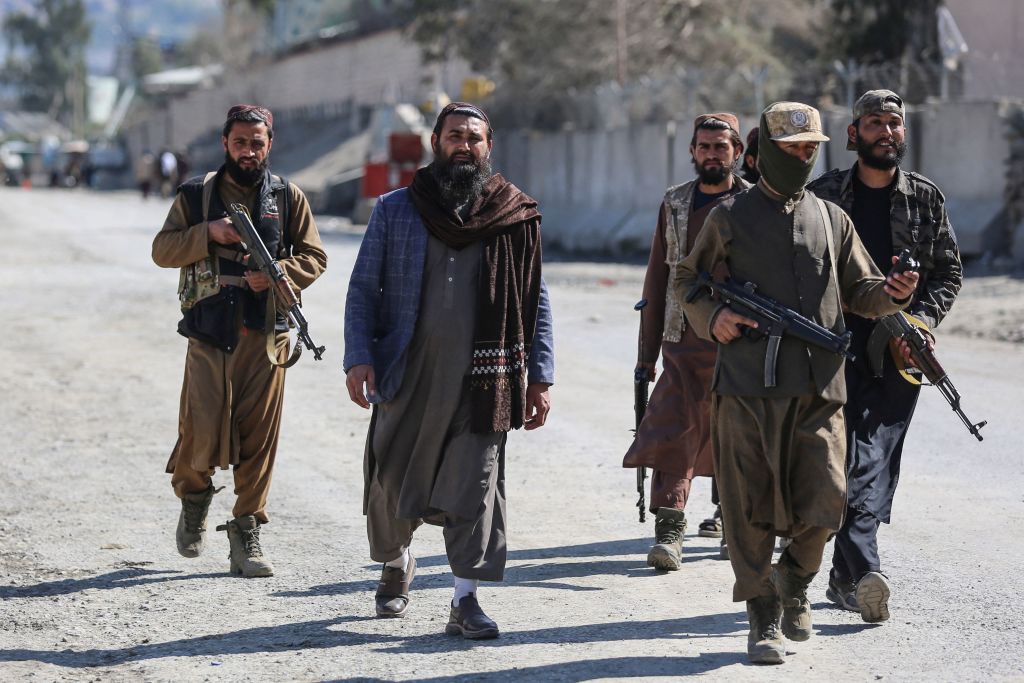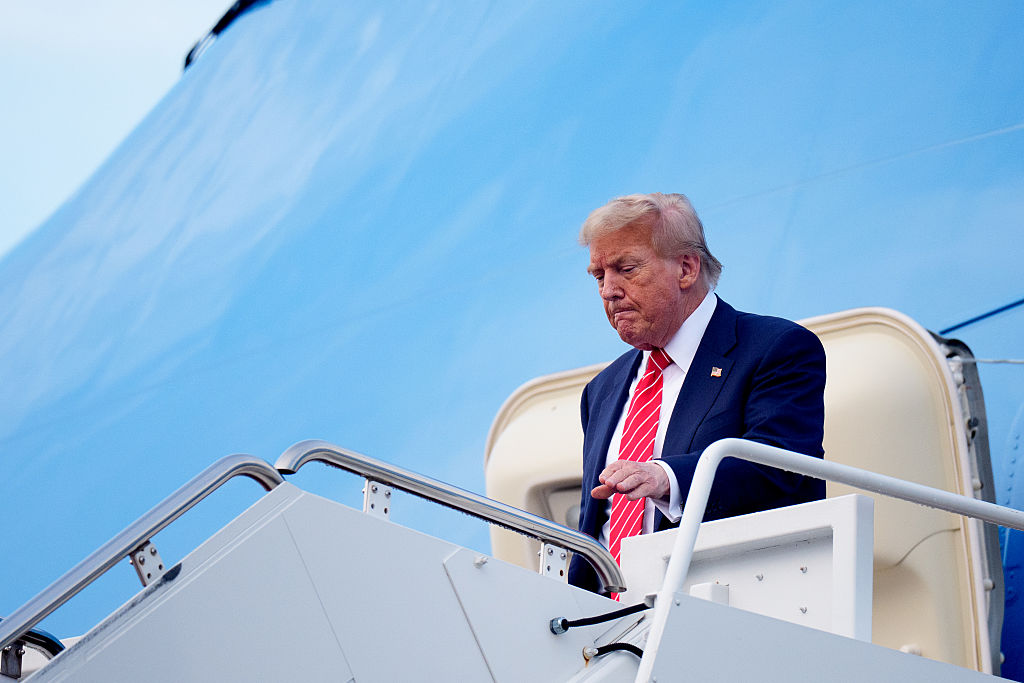Remarkable as it may sound, it looks as if a border skirmish this week between Iranian and Afghan border guards, which involved at least three deaths, was about water. This is not the first border clash as tensions grow over scarce water resources between Iran and the twenty-month old Taliban regime, although it is the first that is known to have cost lives.
Earlier this month, Iranian president Ebrahim Raisi raised the issue of the 1973 water treaty, designed to share access to water from the Helmand river, which flows across the border. He claimed that the Taliban were violating terms of the agreement, under which Afghanistan is committed to allowing 850 million cubic meters of water a year to flow into Iran. New dams to generate electricity and irrigate agriculture have worsened the crisis.
Any international mediation in settling the dispute would involve accepting the Taliban’s authority to discuss Afghanistan’s existing treaties
In what Iran described as a heavy exchange of fire, they have accused Afghan border guards of shooting first. At least two died on the Iranian side, as well as one Afghan guard, although details are scarce, and foreign access to reporting in Afghanistan is very limited. Now armed with American weapons they seized by the truckload when they stormed into power, the Taliban are a potent force for Iran to take on.
The Taliban say they want good relations with their neighbors, and want the dispute resolved through diplomatic channels. But complicating this is the fact that Taliban control of Afghanistan is not legally recognized. Iran is among several countries who have opened de facto embassies in Kabul (allowing Taliban envoys to take over the Afghan embassy in Tehran) while not formally recognizing the regime. Any international mediation in settling the water dispute would involve accepting that the Taliban have the authority to discuss Afghanistan’s existing treaties.
Iran is not in a hurry to recognize the Taliban. While not sharing the international concern over women’s rights in Afghanistan, it has demanded a more inclusive government as the protector of the Hazara minority. They have been persecuted by the Taliban as Shia Muslims, the faith practiced in Iran.
The head of the South Asia division in Iran’s foreign ministry, Syed Rasoul Mousavi, has tweeted that what is required is for both sides to be “smart,” warning that “any kind of conflict is to the strategic disadvantage of both.”
Resolution does not look easy. Although the border skirmish was not at the commercially important Zaranj crossing, it has been closed to traffic. As well as being one of the two main entry points to Afghanistan from Iran, it provides a vital trade route for India, who have used it to send food aid into Afghanistan from Iran’s southern coastline at the Chahbahar port.
The Taliban have antagonized their neighbors on the other side of the country as well. Although Pakistan plotted for years for a Taliban comeback, since regaining the country in August 2021, there have been several border clashes over the exact location of the Durand Line, a colonial era border imposed under British rule.
This will not be the last water war in South Asia. As droughts become more frequent in the region, sharing water across frontiers is increasingly contentious.
This article was originally published on The Spectator’s UK website.

























